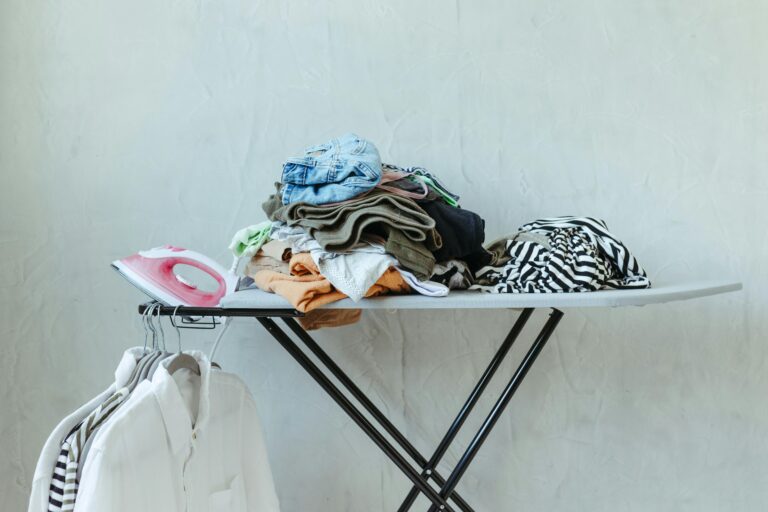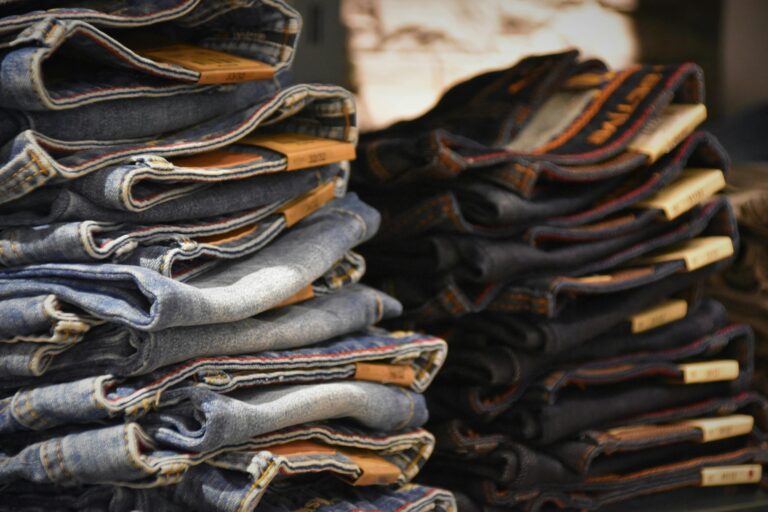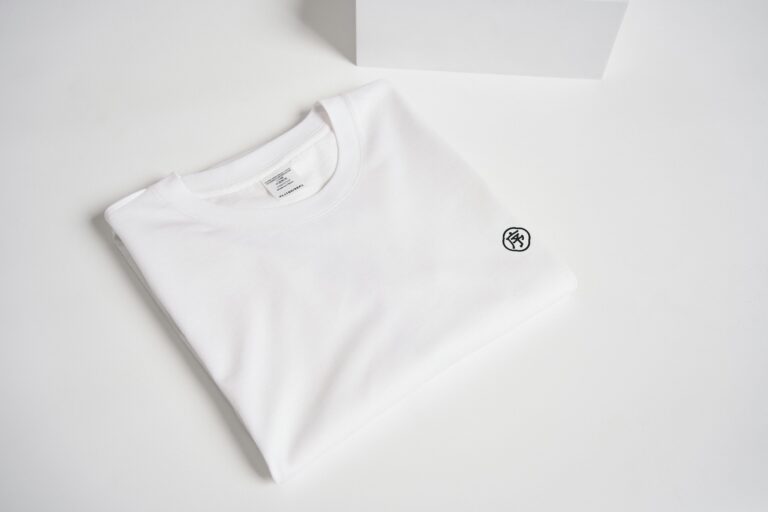In today’s world, families are increasingly prioritizing health and environmental sustainability when making household choices. Traditional fabric softeners often contain harmful chemicals that can lead to skin irritations, respiratory issues, and even environmental pollution. Research from the University of Washington uncovered over 25 volatile organic compounds (VOCs), including 7 hazardous air pollutants, that can be emitted from dryer vents, with substances like acetaldehyde and benzene classified as carcinogens by the EPA having no established safe exposure level1. By choosing a non toxic laundry softener, you not only protect your family’s health but also reduce your ecological footprint through eco-friendly laundry practices. These natural fabric softeners can help create a safer home environment while ensuring your clothes remain soft and fresh.
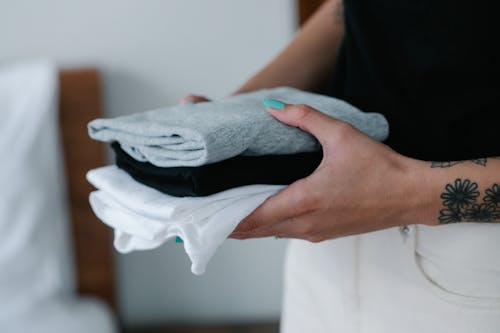
Understanding Non Toxic Laundry Softeners
What is non toxic laundry softener? Non toxic laundry softeners are made from natural, plant-based ingredients that avoid harsh chemicals commonly found in conventional products. Traditional fabric softeners often contain a cocktail of chemicals, including quaternary ammonium compounds, artificial fragrances, and sometimes even formaldehyde2. Natural alternatives are designed to be gentler, making them safer for sensitive skin3.
There are numerous benefits of natural fabric softeners, which include their biodegradable nature and eco-friendly ingredients that help reduce environmental impact. These natural softeners are just as effective as their chemical counterparts in softening clothes while avoiding toxic residues that could be absorbed by the skin or inhaled23. Additionally, they are often more affordable and do not produce harmful waste, aligning with a sustainable lifestyle.
By opting for non toxic options, you support better health for your family and contribute to a cleaner planet. Customers can find that brands like Mrs. Meyer’s fabric softeners are cruelty-free and made with safe formulas, while Ecover focuses on fully natural ingredients developed over three decades24. For those who enjoy a hands-on approach, DIY fabric softener recipes utilizing vinegar and essential oils provide economical and effective solutions4.
Explore safer alternatives to traditionalfabric to enhance your laundry routine while safeguarding your health and the environment.
Popular Non Toxic Laundry Softener Brands
Many families are turning to non toxic fabric softener brands to ensure a safer laundry routine. Method offers fabric softeners formulated with biodegradable ingredients that are gentle on clothes and the environment. Their products are free from synthetic fragrances and dyes, catering to consumers looking for more natural options5. Mrs. Meyer’s Clean Day Fabric Softener is compatible with both high efficiency and classic washing machines, utilizing essential oils for a pleasant, natural scent5.
Ecover is another popular choice, recognized for its availability in both the UK and the US. This brand has earned the Safer Choice label from the EPA, confirming its commitment to safety and environmental standards5. Additionally, Ecover fabric softener comes in eco-friendly packaging, emphasizing sustainability5.
Seventh Generation fabric softener stands out with its focus on transparency in ingredient labeling. Consumers appreciate its effectiveness while being gentle on skin, making it a significant contender among the best laundry softeners6. Attitude Fabric Softener appeals to those who prioritize ethical considerations, as it is both vegan and cruelty-free, free from toxic ingredients5.
Other noteworthy brands include Dropps, which offers convenient fabric softener pods in various delightful scents7. Their products are formulated to be healthy for the environment and are well-reviewed for their efficiency. Similarly, Viren Apothecary’s fabric softener, priced around $14, provides a luxurious alternative that uses gentle ingredients suitable for sensitive skin7.
These non toxic fabric softener brands exemplify the shift towards safer, eco-friendly alternatives in laundry routines, allowing families to choose best laundry softeners with confidence. By opting for these products, consumers can feel good about making choices that benefit both their family and the planet7.
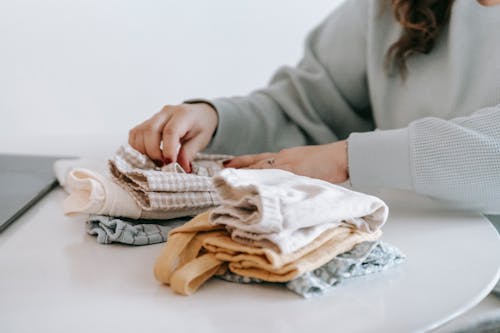
How to Choose the Right Laundry Softener
Selecting non toxic softeners can greatly enhance the safety and quality of your laundry routine. When navigating the options, it’s crucial to check ingredient lists for harmful additives, especially since traditional fabric softeners may release chemicals that pose risks to human health, such as sensory irritation and pulmonary irritation8. A sensible approach involves seeking products with eco-friendly, biodegradable, and hypoallergenic attributes to minimize environmental impact while keeping your family’s safety a priority9.
Scent preferences play a significant role in your choice, with options ranging from lavender to vanilla or floral fragrances9. The form of fabric softener you select is equally important; liquid fabric softeners are generally more cost-effective compared to sheets or dryer balls9. Considerations like packaging should not be overlooked, where options like those from brands focusing on zero-waste or refillable products can make a noticeable difference in reducing single-use plastic8.
It is essential to follow the instructions on the packaging to ensure effective use of your chosen softener9. This includes the correct measurement, which helps prevent residue buildup, thereby safeguarding both fabrics and washing machines from potential damage9. Ultimately, the right laundry softener can contribute to reducing wear and tear on fabrics, extending their lifespan and preserving their freshness9. A well-informed choice not only benefits your laundry but also aligns with your family’s health and environmental values, making this a key aspect of your guide to laundry softeners.
DIY Non Toxic Laundry Softener Recipes
Creating your own homemade fabric softener allows you to control the ingredients used while enjoying numerous benefits. Essential components like white vinegar, baking soda, and essential oils serve as the foundation for effective DIY laundry softener formulas. For instance, mixing 1/4 to 1/2 cup of vinegar per load can naturally soften clothes without harmful chemicals10. Baking soda, recommended at about 1/2 cup during the rinse cycle, can further enhance the softness and freshness of your laundry10.
Another simple recipe combines 3 cups of Epsom salt or coarse sea salt, 1 cup of aluminum-free baking soda, and 40 drops of your favorite essential oils for a delightful scent. This DIY fabric softener only takes 5 minutes to prepare and can be added directly to the washing machine drum at a rate of 1-2 tablespoons per load11. By choosing these homemade options, families can avoid the toxic ingredients commonly found in commercial fabric softeners, which can irritate skin and aggravate allergies12.
The financial savings found in making your own softener contribute to environmental responsibility, as these recipes often use ingredients that are more eco-friendly than their store-bought counterparts. This approach not only supports your health and well-being but also empowers you to embrace a more sustainable lifestyle while keeping your laundry soft and fragrant.
Eco-Friendly Packaging Options
In an era where environmental concerns are significant, selecting laundry softeners that utilize sustainable packaging for laundry products is crucial. Many brands are committing to eco-friendly product choices by adopting recyclable or biodegradable materials. The increase in single-use plastics raises alarms, prompting consumers to seek alternatives that minimize packaging waste.
Grab Green stands out for its approach to sustainability, offering products in 100% recycled plastic bottles, which significantly reduces landfill waste13. Their dryer sheets, including options for babies, are not only made from 97% naturally-derived ingredients but are also compostable, making them an ideal choice for environmentally-conscious households13. Furthermore, Public Goods adopts tree-free paper for their fabric softener sheets, underscoring their commitment to reducing deforestation while keeping practices eco-friendly13.
Opting for concentrated forms of laundry detergent can further reduce the burden of packaging waste. Such products typically require less packaging for the same amount of use, helping to lessen the environmental impact across the board. Various consumer reports indicate that eco-friendly laundry detergents with plant-based ingredients are not only safer for the environment but also crucial for the health of communities14.
As we progress towards more sustainable living, being cognizant of packaging choices can encourage a cycle of sustainability. Product selections that prioritize responsible packaging and high-quality content contribute positively to the future of our environment. By choosing environmentally responsible options like those highlighted, consumers play their part in promoting a healthier planet.
Explore Truly Free’s eco-friendly product optionsand see how you can incorporate sustainable practices into your laundry routine.
Effectiveness of Non Toxic Alternatives
When examining the natural fabric softener effectiveness, many consumers express satisfaction comparable to traditional options. Traditional fabric softeners harbor a range of chemicals known to cause skin irritation, respiratory problems, and other serious health issues3. In contrast, natural fabric softeners, often made with biodegradable ingredients, pose no such threats and are effective at softening clothes without the harsh chemicals and synthetic fragrances4. These alternatives not only enhance softness but also reduce static cling and are less likely to trigger allergic reactions, making them suitable for sensitive skin15.
When families compare laundry softeners, they may find that vinegar, a prevalent natural alternative, functions exceptionally well as it effectively softens fabrics while eliminating odors without leaving sticky residues15. Besides, natural fabric softeners tend to be more affordable, often allowing families to save on laundry costs while maintaining a commitment to environmental sustainability3. Studies note that switching to natural options can significantly lessen harmful chemical exposure and promote a greener planet, as these products degrade far more readily than conventional softeners3.
In conclusion, families seeking effective fabric care can rest assured that natural solutions not only perform well but also contribute positively to their health and the environment, representing a smart choice for laundry care4.
Tips for Softening Laundry Naturally
Softening clothes without chemicals can be easily achieved with a few practical approaches. One of the top natural laundry tips is to use white vinegar during the rinse cycle. This simple ingredient effectively softens fabrics while helping to eliminate static cling. Numerous studies indicate that fabric softener should generally be avoided due to skin irritation and harmful residues it leaves on clothes16. Switching to vinegar not only enhances the softness of your garments but is a cost-effective method.
Incorporating baking soda into your wash cycle can also work wonders, as it neutralizes pH levels in water, leading to softer results. Many families find that they can significantly reduce their laundry costs by choosing homemade natural alternatives over conventional softeners and dryer sheets. Statistics reveal a substantial percentage of households that prioritize wellness by opting for natural laundry solutions, thereby reducing costs and promoting healthier environments17.
Drying methods play a crucial role in maintaining fabric softness. Air drying clothes naturally prevents stiffness associated with machine drying. Utilizing tennis balls or wool dryer balls in the dryer can further enhance softness and reduce static cling. Research shows that static reduction is notably greater when using these natural alternatives compared to traditional products17. Many households also prefer using essential oils for their pleasant fragrance, adding an extra layer of softness and freshness to their laundry routines17.
Addressing Allergies and Sensitivities
When selecting laundry products, understanding laundry allergens is essential, especially for those with sensitive skin. Traditional fabric softeners often contain synthetic fragrances, preservatives, and surfactants, which can trigger allergic reactions and skin irritations. Symptoms might include red, itchy rashes, swelling, or blisters after wearing freshly laundered clothes1819. Research indicates that repeated exposure to these allergens can lead to conditions like contact dermatitis, which may exacerbate over time19. Effective management of these allergies often involves choosing non toxic options for sensitive skin, like hypoallergenic fabric softeners or natural alternatives free from harsh chemicals18.
Consulting a healthcare professional is advisable for families dealing with laundry-related sensitivities, as they can provide tailored guidance and treatment options. Patch testing is an effective method to identify specific allergens present in laundry products, helping to minimize exposure18. Strategies for alleviating symptoms may include oatmeal baths, using fragrance-free soap, and opting for proper rinsing techniques to eliminate detergent residues from fabrics1920. Transitioning to non toxic laundry softeners can significantly improve the comfort and health of those with allergies, creating a safer and more pleasant laundry experience.
Conclusion: Making the Switch to Non Toxic Softeners
Transitioning to non-toxic laundry softeners offers numerous benefits that directly impact both health and the environment. With about 99.8% of Americans using fabric softeners and dryer sheets, the choices made in this category can significantly affect indoor air quality, which is often two to five times more contaminated than outdoor air21. Additionally, studies indicate that traditional chemical-laden softeners can pose serious health risks, including increased cancer rates and various allergic reactions, encouraging consumers to consider switching to natural laundry products2122.
By embracing eco-friendly alternatives made from plant-based ingredients, families not only protect their loved ones from harmful exposure but also contribute to reducing plastic waste associated with traditional packaging22. While the average cost per load for non-toxic detergent is slightly higher at around $0.25, customer testimonials often highlight their effectiveness and gentleness on sensitive skin, making it a worthwhile investment for long-term health and environmental integrity23.
Ultimately, making the switch to non-toxic softeners is a proactive choice that fosters a healthier living space and ensures a safer future for the planet. Every small step taken towards using these natural and environmentally friendly options not only softens laundry but also safeguards our families’ health, thus paving the way for healthier homes and a tidier environment21.

FAQ
What is a non toxic laundry softener?
A non toxic laundry softener is a fabric conditioning product made from natural, plant-based ingredients free from harsh chemicals and synthetic fragrances. These softeners are designed to be safe for both your family’s health and the environment.
Why should I choose a non toxic laundry softener?
Choosing a non toxic laundry softener is important for families prioritizing health and environmental sustainability. Traditional fabric softeners often contain harmful chemicals that can lead to skin irritations, respiratory problems, and contribute to ecological pollution.
Which brands offer effective non toxic laundry softeners?
Notable brands include Method, Mrs. Meyer’s, Ecover, Seventh Generation, and Attitude. These brands use natural ingredients and have eco-friendly practices, ensuring ingredient transparency, efficacy, and sustainability certifications.
How do I choose the right non toxic laundry softener?
When selecting a non toxic laundry softener, check the ingredient list for harmful additives, look for safety and sustainability certifications, and consider your scent preferences and skin sensitivities. Also, consider the packaging and its environmental impact.
Can I make my own non toxic laundry softener?
Yes! You can create your own non toxic laundry softeners at home using basic ingredients like white vinegar, baking soda, and essential oils. This not only saves money but also reduces waste and ensures a natural approach to fabric care.
How can I ensure my laundry softener has eco-friendly packaging?
Opt for laundry softeners that come in recyclable or biodegradable packaging. Be mindful of brands that minimize single-use plastics and contribute to reduced environmental waste.
Are non toxic laundry softeners as effective as traditional ones?
Yes, consumer feedback indicates that non toxic laundry softeners are just as effective in softening fabrics and reducing static cling without leaving behind chemical residues. They are a safe choice for both health and the environment.
What are some natural ways to soften laundry?
You can soften laundry naturally by using white vinegar in the rinse cycle, adding baking soda to neutralize pH levels, air-drying fabrics to prevent stiffness, and using tennis balls in the dryer to reduce static cling.
Are non toxic laundry softeners safe for those with allergies?
Yes, non toxic laundry softeners are typically hypoallergenic and safe for individuals with allergies or skin sensitivities. It’s advisable to consult healthcare professionals if you have specific fabric care concerns.

